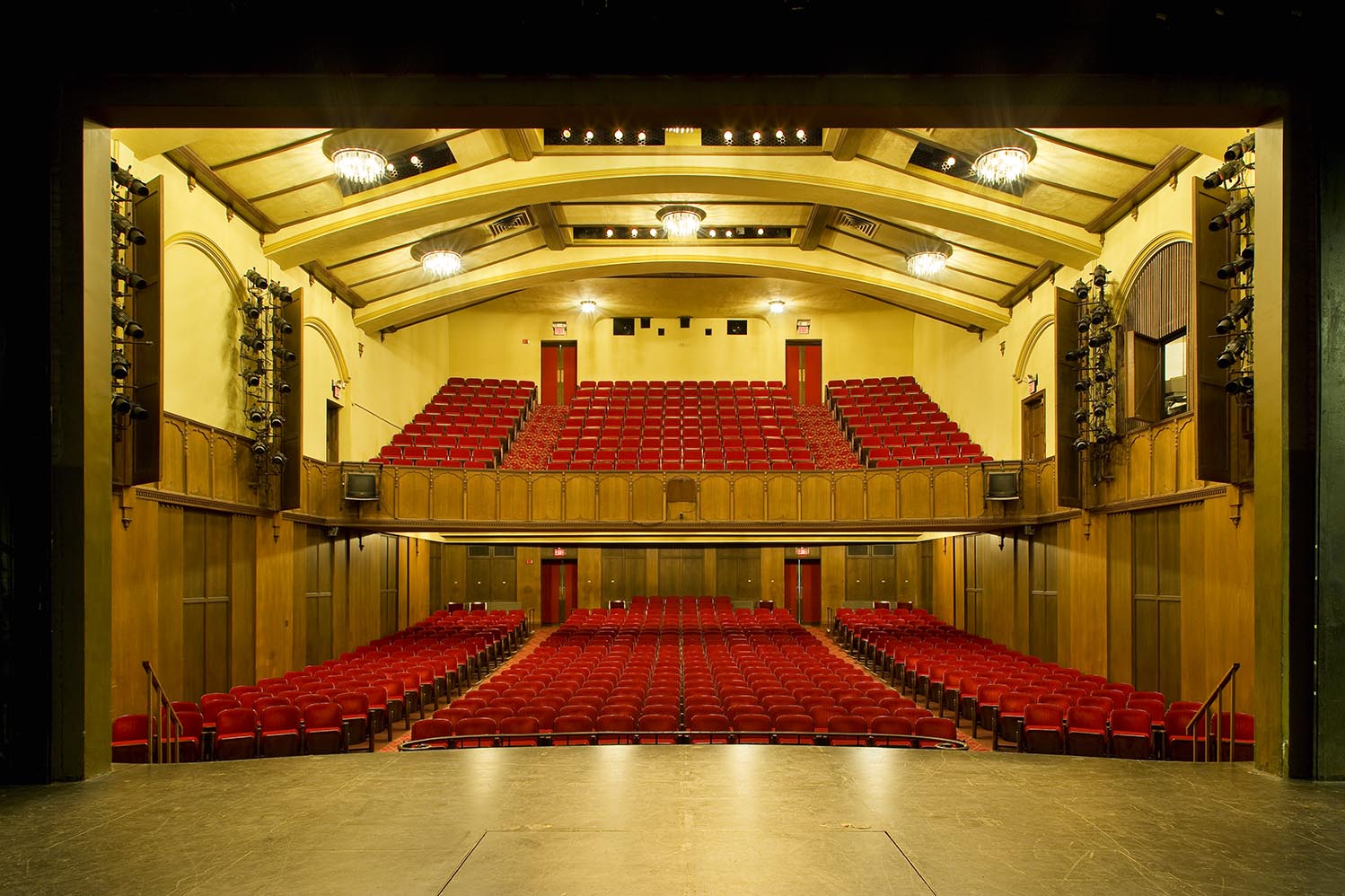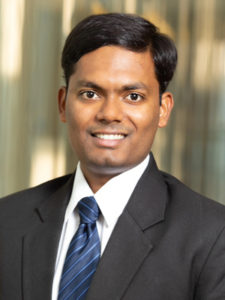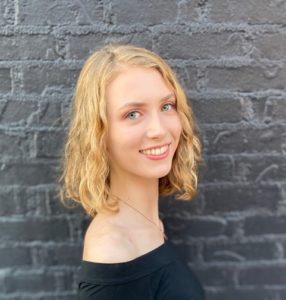by Claudia Capos
When SMTD Professor of Musicology Louise K. Stein launched her opera appreciation course, she hoped it would attract students from other academic disciplines who had little or no exposure to the genre.
“I invented ‘OPERA!,’ because I realized opera was hardly being taught at all in the courses we offer to non-SMTD students,” says Stein, who attended performances at New York City Opera and the Metropolitan Opera in her youth and later studied opera in graduate school.
“Many students come into my class, saying they don’t know anything about opera,” Stein says. “By the end of the term, they are invested in understanding what opera can do for them, as listeners, and what is at stake for those who are producing, directing, and performing opera in our time.”
Ajit Krishna Chilukuri, MBA ’21, a graduate student in business, says he deepened his appreciation for opera by participating in Stein’s classes remotely during the Covid-19 pandemic in the winter term.
“Opera has always been an enigma to me,” says Chilukuri, who grew up in India where he played Tabla (Indian classical drums,) listened to Indian classical music, and studied civil engineering. “When I came to the U.S. to pursue my MBA at the Ross School of Business, I wanted to learn about Western culture and immerse myself in it. An opera appreciation course was a good place to start.”
As a final class project, Stein assigned her students to write an essay about what they imagined a pandemic opera would be like from the viewpoint of a composer, librettist, performer or stage designer and how their production would contribute to a better understanding of the pandemic phenomena and healing in the post-pandemic world.
The students were asked to draw on their own creativity, the nuts and bolts of opera composition and production they had learned in class, and the inspiration they had received from Zoom appearances by renowned SMTD alumni. These luminaries included MET opera assistant conductor Howard Watkins, counter-tenor Vince Yi, operatic tenor Ray M. Wade Jr., soprano Rebeka Rota, now stage director at the Badisches Staatstheater Karlsruhe in Germany, and Emeritus Professor George Shirley, the first African American tenor to sing major roles with the MET.
“By the end of the term, the pandemic weighed on everybody’s mind,” Stein recalls. “This essay invited the students to imagine making their own personal investment in the creative side of the opera business while also reflecting in some way on their pandemic experience. They responded beautifully, and their answers were quite diverse.”
The opportunity to study opera for a semester introduced “a whole new world” to Rachel Rigole, BA ’21, who recently graduated with a degree in biopsychology, cognition, and neuroscience and a minor in music.
“Opera has such a rich history and a unique way of reflecting the society in which we live,” Rigole says. “As part of our class assignment to create a ‘pandemic opera,’ I decided to use opera’s power of social commentary to create a tale of pain and loss, but, ultimately. resilience in the battle against COVID-19.”
Dhillon Patel, BS ’24, a computer engineering major, assumed the role of stage designer for his opera about a high school student’s experience during the first day of the Covid-19 pandemic when everything went haywire.
Patel selected “green screen” technology to project realistic scenes of a school, grocery store, and home on the stage backdrop. He also envisioned using an all-bass chorus accompanied by a small orchestra of low-toned instruments to impart the dark, ominous tone of the pandemic. His opera’s message was to be cautious and socially aware and to act morally and altruistically toward other people.
“This project helped me understand why composers made certain decisions and how they developed the ideas for their operas,” says Patel, who sang bass in his high school choir and is now considering a minor in music.
Claire Niedermaier, BS ’24, who is majoring in sound engineering, had performed on stage in musical theater productions before entering the University of Michigan and wanted to learn more about opera.
“With the pandemic, the arts had to take a backseat for safety reasons,” Niedermaier says. “It was nice to be with a group of students and a professor who truly had a passion for the arts and could talk about and appreciate opera.”
For her opera, Niedermaier created a synopsis detailing a couple’s struggle with isolation from the outside world during the pandemic and then with disengagement from each other when one fell ill and was quarantined.
“During the pandemic, we all missed being able to connect with friends and family and to enjoy those day-to-day interactions we often take for granted,” she says. “I thought making a show about that disconnect would help people cope with the pandemic.”
Niedermaier sees the arts as an important conduit for telling individual stories and dealing with adversity.
“The arts provide a different lens through which we can view things happening in the world and a way of understanding them,” she says.
Ajit Chilukuri was inspired by Gioachino Rossini’s The Barber of Seville to create his own opera buffa (comic opera) showing the absurdities of everyday life during the pandemic. His three-act production revolves around a protagonist named Mike, who goofs off at work and at home during the lockdown and then hatches a ridiculous scheme to avoid returning to the office.
“My opera is modeled off Rossini’s characters, Count Almaviva and Figaro the barber,” Chilukuri explains. “The plot is frivolous and ends up becoming a huge comedy of errors. The music is light and moves very fast.”
Chilukuri says his introduction to opera revealed the importance of the human element in the arts and how music can bring people together. It also fostered stronger connections during the pandemic with his classmates, who shared their knowledge of music with him.
“Now I can start understanding and appreciating music at another level,” Chilukuri says. “This has opened up an entirely new arena of interest for me.”




